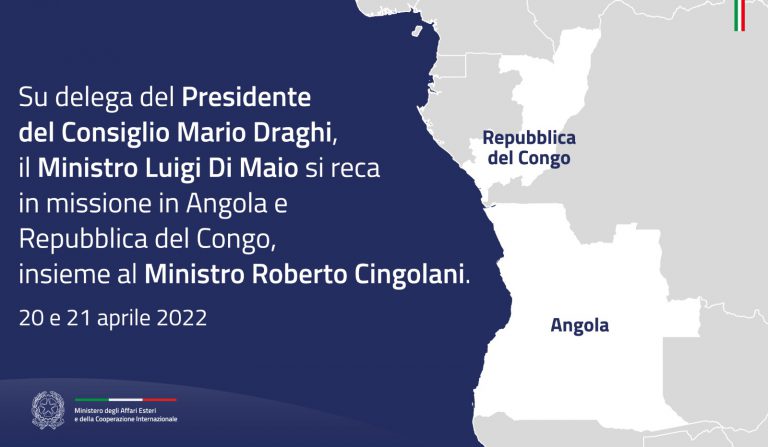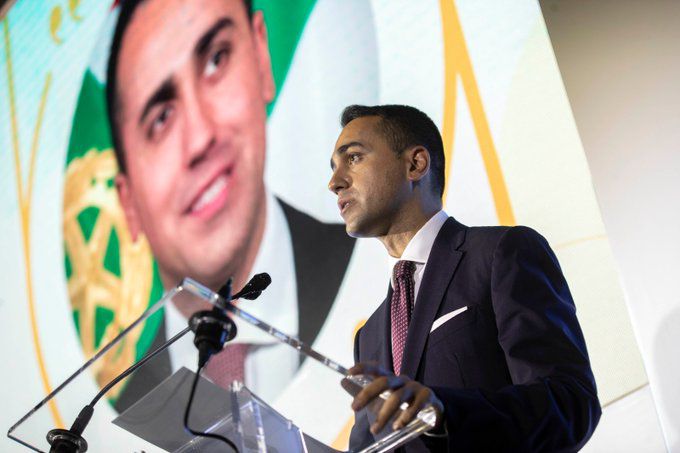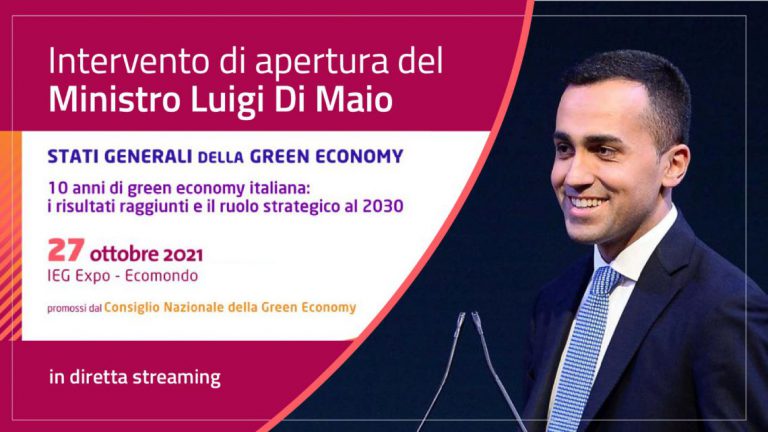The 21st conference of the parties (COP21), organised by the UN Framework Convention on Climate Change (UNFCCC) opened in Paris on 30 November and will conclude on 11 December. The goal is to forge an agreement on reducing greenhouse gas emissions in such a way as to maintain the average rise in global temperatures over the rest of the century below 2°C. The most innovative element in this meeting is the global involvement of the membership in identifying national voluntary contributions to climate-altering emissions and, therefore, the unity in the pledge to preserve the planet according to the principle, established at last year’s COP in Lima, of common but differentiated responsibility and respective capacities.
Negotiation draft
A 54-page draft accord forms the basis for the negotiations.
The package contains two main components: the architecture of the actual agreement and operational instruments, i.e. the indirectly binding decisions. One of the problems to be addressed is what to place in each of these; the link will be the process of governance. A decisive element in a success outcome of this COP lies in the proper structuring of climate financing mechanisms set up by advanced nations on behalf of “capacity building” in terms of emissions reductions in developing countries, as well as the necessary adaptation interventions for confronting the consequences of climate change that are already being felt.
Gentiloni’s message
“The challenge of global warming i salso one to global security”, Minister Paolo Gentiloni asserted, underscoring that “the lack of resources and means of support and enviornmental catastrophes are potential multipliers of conflict and fertile terrain for terrorism”.
UN Secretary General Ban Ki-moon underscored the link between a climate agreement and the assurance of international peace and security in his opening speech. Italy’s commitment on that front is mutifaceted, both in the context of global awareness-raising activities and in the promotion of all efforts at confronting the consequences of those changes and the concrete improvement of the conditions needed to ensure the renewed and more secure prospects of the populations most heavily hit by them.





